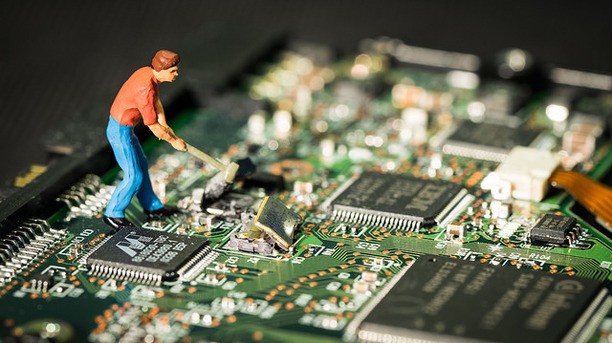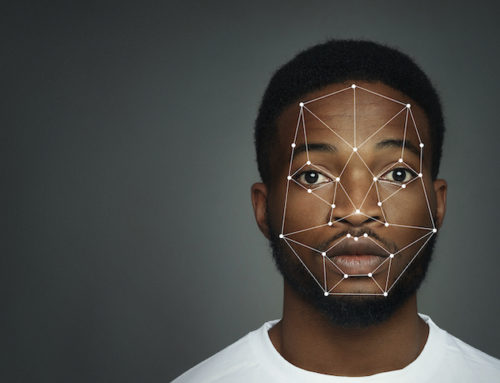Some 200 years ago, the Industrial Revolution drove workers from farms to factories, and created the grand cities of the world, fuelled by the fires of industry.
The monumental shift generated by quantum will be the same, with complex AI programs able to take over many of the jobs which employ many of us today. Once the substance of sci-fi series, the field has seen rapid development in recent years, much of the progress happening in the background; great leaps and strides, occurring with little fanfare in the media or political discourse; being blurred together with the growth of smart devices and AI systems.
Indeed many of us are happy with our new AI pals; software like Siri, Alexa, Google Assistant and others are rapidly becoming part of people’s everyday routines. Smart devices and other ‘Internet-of-Things’ are becoming ubiquitous wherever we go. As powerful as these services may seem to the end-user in the street, they are still constrained by the limitations of processing power available. Of course the power in our phones and IoTs are nothing to compared to those that the quantum future will bring. Commentators have been shocked at the rate of development in the quantum field, just a few years ago the talk was quantum as a couple of decades way – at best; yet as of last year, multiple manufacturers have shown off functioning 50 qubit chips. While the practical applications of these chips are limited – mostly to weather modelling – they do show the viability of having a chip available for some commercial tasks in the near future.

A qubit short for quantum-bit, differ from that of a ‘classic’ computer chip. Whereas a classic chip is limited to returning a 1 or a 0 for each calculation, a qubit can exist in three states, 1, 0 or 1 & 0. This escalation of states vastly improves the rate in which calculations are made, and opens the door to new and potentially disruptive applications by exponentially increasing computing power.
So why is this important? As Friedman discusses in his recent New York Times op-ed; Quantum computing will open up the ability to process larger amounts of information, faster; revolutionising the way that we interface with artificial intelligence in our daily lives. Existing ‘unsolvable problems’ for classic computers, could with quantum assistance, see solutions in minutes, or even seconds. Experts predict that soon, many jobs will disappear fully to AI; trains, trucks and taxis are likely the first to be automated with the explosive growth of driverless or autonomous vehicles. Here in Australia, the same questions are being asked about other fields of work, what will end up automated in the near future?
While we aren’t there yet, the technology that quantum heralds will quickly be able to create AIs which can do most “routine and repetitive tasks”. This, as Friedman highlights, raises concerns about numerous economies’ middle classes reliant on this type of work for their livelihoods. But also more worryingly, the same technologies will invalidate exist methods which we use to secure all our data. The same dramatically increased processing power can also be applied to breaking the encryption of our health records, bank accounts, and personal devices. This goes without saying the threat that quantum poses to state-secrets, and the vast troves of data that are held by governments, ripe for the taking if our ability to secure is taken away. With quantum automative AI, Asimov’s Three Laws of Robotics – namely a Robot may not allow a human to come to harm – may no longer be a thing of fiction; rather a required tool in the near-future.
The issue of about quantum and artificial intelligence will be the subject of the Q Forum at 6pm, February 15 2018 at the General Lecture Theatre, University of Sydney, which kicks off the the fourth annual Q Symposium, ‘QC3I’: Quantum Computing, Communication, Control and Intelligence.







[…] world”; “disrupt each trade”; “change cybersecurity ceaselessly”; deliver a couple of “AI revolution” and do all of it “prior to you count […]
[…] the world”; “disrupt every industry”; “change cybersecurity forever”; bring about a “AI revolution” and do it all “sooner than you […]